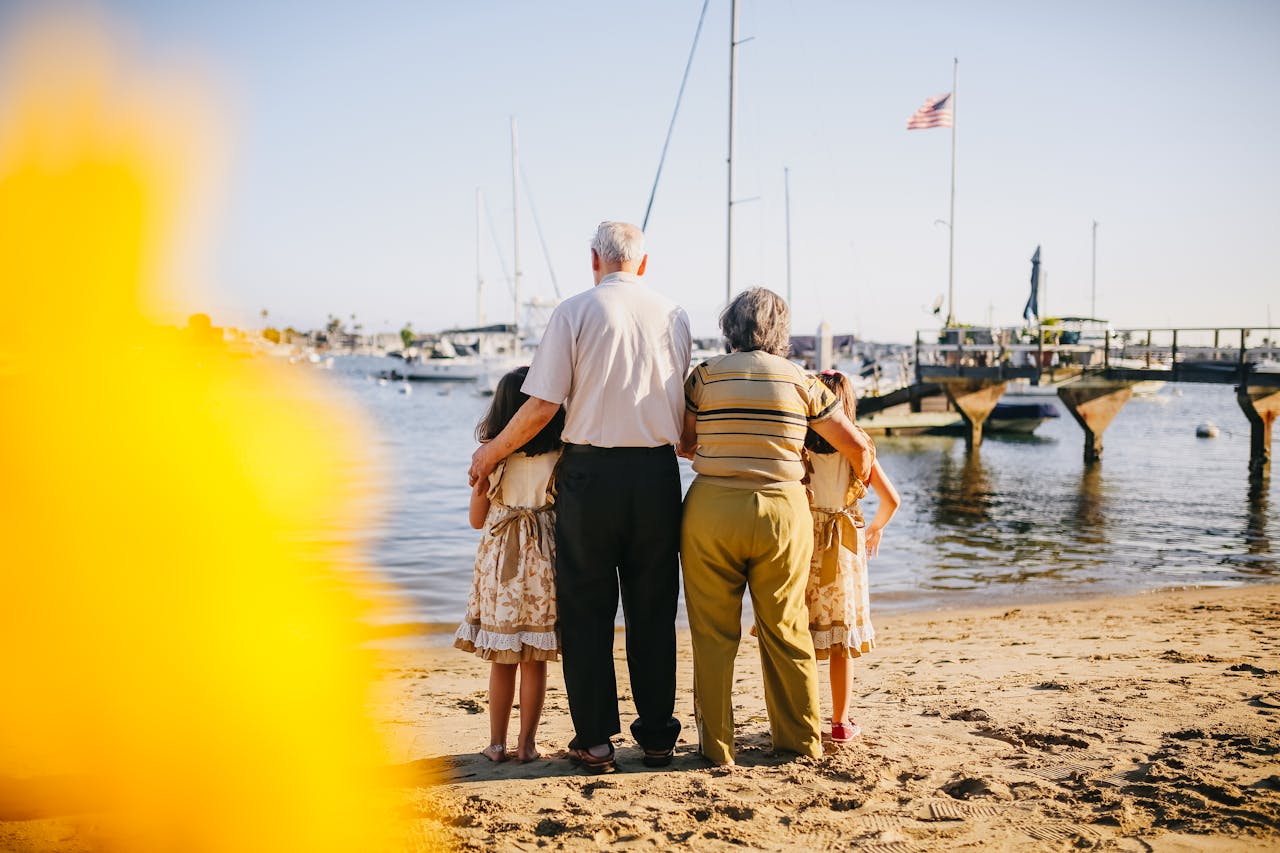Who inherits my estate if I die without a will?

Who inherits my estate if I die without a will?
- Steve Gauke
- Home
- /
- Useful Information
- /
- Who inherits my estate
If you die without a will in the UK, your estate is distributed to your spouse or civil partner and children.
This is according to the rules of intestacy, which strictly define who inherits the will and often excludes unmarried partners, stepchildren and close friends entirely. These rules prioritise relatives in a specific legal order, starting with your spouse or civil partner and children, but they do not take into account your personal relationships or wishes.
Despite the risks, recent research found that 59% of UK adults do not have a will, leaving their families vulnerable to confusion, delays and unexpected outcomes after death.
A separate report by a retirement planning firm revealed that 1 in 4 people mistakenly believe their next of kin will automatically inherit everything, even if no will is in place which is a dangerous misconception.
What are the rules of intestacy?
Under the intestacy laws in England and Wales:
If you die married or in a civil partnership with children – your spouse inherits the first £322,000 of your estate plus half of anything above that amount. The remaining half is divided equally between your children. If you have no children, your spouse inherits the entire estate.
If you are unmarried and have children – everything goes to your children and your partner receives nothing, regardless of how long you were together or whether you owned property jointly.
If you have no surviving spouse or children – the estate passes to increasingly distant relatives in a set legal order: parents, siblings, nieces and nephews, grandparents, then uncles and aunts.
If no blood relatives can be found – your entire estate goes to the Crown or to the state under the legal concept of bona vacantia.
Do cohabiting partners inherit anything if they are not married?
No, under current law, cohabiting partners have no automatic right to inherit if their partner dies without a will even if they shared a home, bank accounts or children.
This legal gap often comes as a shock to grieving partners who assumed their long term relationship would be recognised.
If the deceased owned the family home in their sole name, the surviving partner could even lose their home unless other legal provisions are in place.
Cohabiting couples must actively make wills if they want to protect one another and ensure their assets pass according to their wishes. In the absence of a will, the surviving partner may need to make a costly and uncertain claim under the Inheritance (Provision for Family and Dependants) Act 1975.
What happens to children if there is no will?
If both parents die without naming guardians in a will, the courts decide who should take care of any minor children. While the courts will always act in the child’s best interests, it may not be the person the parents would have chosen.
Naming a guardian in your will does not just ensure your children are raised by someone you trust, it also prevents disputes and stress at a time when they are most vulnerable.
Additionally, without a will, there may be no formal trust set up for the children’s inheritance, which can limit how the money is managed or accessed until they turn 18.
Can stepchildren inherit under intestacy rules?
No, stepchildren have no legal entitlement to inherit under the intestacy laws unless they were formally adopted. This can result in families being unintentionally divided as biological children may inherit everything while stepchildren receive nothing, regardless of the closeness of their relationship with the deceased.
For blended families, writing a will is essential to avoid accidental exclusions and to ensure fair and deliberate distribution of assets.
How does intestacy affect jointly owned property?
If a home is owned as joint tenants, the surviving partner automatically inherits the deceased’s share. However if the property is owned as tenants in common, the deceased’s share becomes part of their estate and is subject to intestacy rules.
This distinction is often misunderstood and can have serious consequences, especially when adult children become entitled to a share of the family home, leaving the surviving partner in a precarious position.
Are personal possessions treated the same as property?
Yes, items such as jewellery, vehicles, collections and furniture form part of the estate and are distributed in the same way as money and property. Without a will specifying who should receive them, these items may be sold or given to someone based on the legal order, not emotional connection.
This often leads to tension and disappointment among surviving family members, especially when sentimental items are involved.
What are the consequences of intestacy for families?
Dying without a will can create uncertainty, legal complexity and emotional distress for those left behind. Loved ones may face delays in probate, arguments over inheritance and unnecessary costs.
Children or vulnerable family members may not be properly provided for. In cases where no relatives are found, everything can be lost to the Crown. Creating a will is a relatively simple and affordable way to protect your family, ensure your wishes are respected and avoid the rigidity of intestacy rules.
Can the rules of intestacy be challenged?
Yes, but it is not easy. Someone who believes they were financially dependent on the deceased or unfairly left out, such as a cohabiting partner or adult child, can apply to the court for financial provision.
These cases are often lengthy, stressful and expensive. Even if successful, the outcome is never guaranteed to reflect what the deceased might have intended.
The best way to avoid this situation altogether is by putting your wishes into a legally valid will, regularly updated to reflect your circumstances.

